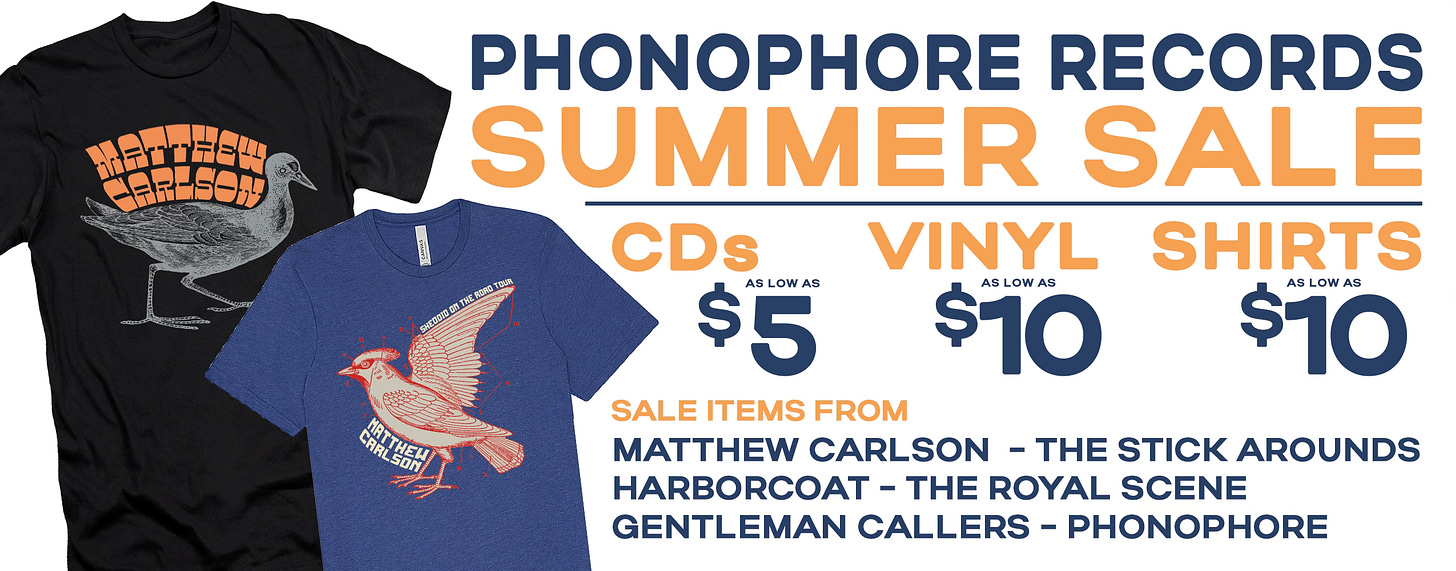In the early 2010’s, after two decades of writing about music, Carl Wilson became fascinated by why people loved what they loved. As he delved into the anthropology of taste, he set about writing a book on an album by the French-Canadian cultural icon Celine Dion, an artist who is often derided in the circles circles of “serious” music criticism.
Eschewing his own prejudices of Dion’s work, Wilson set about finding the deeper reasons that artists like her connect so intensely with a large number of fans, yet their work is so often seen as nothing more than pablum by the critical class. In exploring Dion’s career, Wilson unveiled some of the inherent classism that exists within cultural criticism, and how it affects what we listen to and why it may or may not seem culturally relevant.
Our discussion of Celine Dion serves as marvelous centerpiece for a discussion on the state of culture, commentary, and capitalism in the digital age. Carl and I delve into the philosophy of poptimism and contrast that with the more male dominated world of indie-rock snobbery. We note that our tastes become more enriched as we break down these sorts of cultural stereotypes. As Walt Whitman once put it, “Be curious, not judgmental.”
During our chat, we walk through some of the places where we derive and shape our cultural tastes, and Carl reveals that we have far less control over our own taste than we might think. In addition to being shaped by our parents, and our friends, we are inundated with cultural input from media, our geography, our work life, corporations, neighbors, and much more.
As our world becomes ever more connected, at least in virtual terms, subcultures are being sucked up into the mainstream at an incredibly quick rate. No longer is there time for a subculture like hip-hop, skateboarding, garage bands, or punk to blossom in the underground before becoming a household name.
We also hit upon the “pop will eat itself nihilism” of popular showbiz culture. We talk about the oncoming impact of AI for creators, and Carl reminds us that in the end, audiences are almost always more discerning than we give them credit for. This is a fascinating conversation about the very nature of our tastes and where they come from.
Cheers,
Matty C
















Share this post